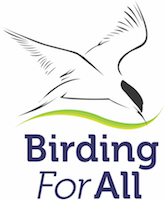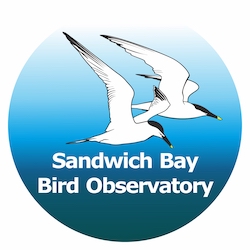GOB 69 – Swift Justice
(This article first appeared in the Autumn 2015 edition of ‘Birdwatching’ magazine)
Six swifts sped past my office window distracting me from my keyboard slavery. The screen’s hypnotic grasp eluded, I nipped downstairs for some fresh air and fresh thinking. Admiring my own handiwork I surveyed the tiny patch of life in the urban sprawl, glorying in the colourful blooms and buzzing of busy pollinators.
Movement under the feeders caught the corner of my eye and I slowly turned expecting to see a mouse. A fledgling sparrow tried to drag itself under a leaf. Looking more closely my spirit fell as I realised this trembling feather ball was bloody. Close inspecting led to its despatch when it revealed trailed entrails… clearly another neighbourhood cat had overcome my deterrents!
Regular readers will know how much this angers me, but anger is not enough, action is called for.
The cat problem is a symptom of an out of kilter underlying social norm, which, I believe, it is high time we did something about.
Our relationship with animals is the problem. Law and socially acceptable behaviour lie embedded in the mire of our feudal history. In truth the fate of wild animals is not about irresponsible cat owners, callous farmers or greedy landowners, but about our collective and entire way of thinking, which needs to be brought up to date and to reflect our modern social relationships.
Its no good me banging on about irresponsible cat owners. It’s not about campaigning for organic food production nor about shaming estate owners who allow Hen Harriers to be extirpated to protect their grouse shoots. Its about changing law based on land ownership and about responsibility being based on law forged together within a logical framework rather than grown piecemeal.
We need to legislate in favour of wildlife by changing the basis of ownership.
Currently, its all about land. The aristocracy made up laws to suit their privileged position. So they stopped the peasantry from ruining their sport by tying the ownership of wild things to the land they inhabit. Critters running about on feudal holdings were declared the property of the landowner. Poaching peasants were deterred by draconian penalties. It went further so that certain animals were declared property even when they roamed free in the wildwood, they could only be hunted by the gentry or, like swans, eaten by kings.
If the hunt tore up the peasants holdings as their horses trampled all in pursuit of a wild boar or hart that was just tough. But if the peasant’s dog chewed into the lord’s pheasants the peasant could be thrown off the land and into a dungeon.
So we have inherited the ridiculous notion that wild things belong to someone who occupies their homeland and that only certain creatures’ behaviour is the responsibility of their owners
So where do we go from here?
First we must establish that no one ‘owns’ wild things. Then we need to specify the detail of any ‘pest’ species and how, by whom and where they can be controlled. Rather than protecting a few, we should protect everything and grant time-limited licences under special circumstances to allow problematic species to be controlled, excluding any locally or internationally endangered species of course.
At present everything can be killed unless protected, this needs turning on its head so that everything is protected unless legislation adds them to the licence list.
Next we need to make owners of all domestic animals, including pets, always responsible for what they do. Owners of wandering pets or stock should compensate AND face penalties too.
Lastly, there should be a duty to protect so that land and building owners make their property useful to the wild world. Like tall buildings having swift boxes and roads having hedgehog or toad tunnels.
Moreover, a new attitude must be solidified into legislation protecting us, and all wild things, from the ravages of the selfish and privileged few.
Hear the Podcast





